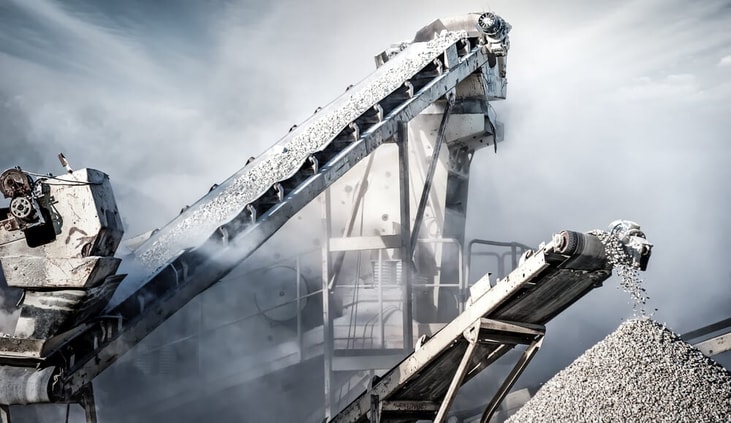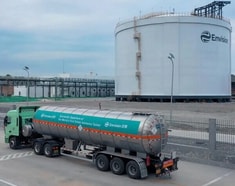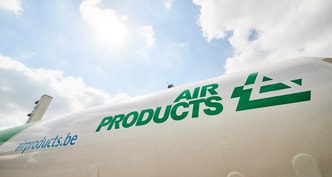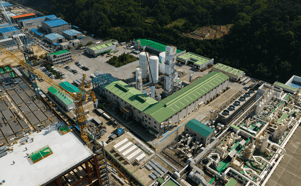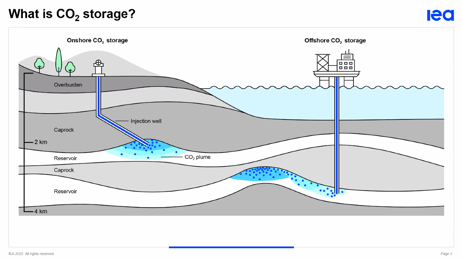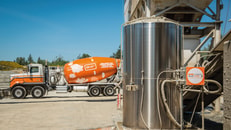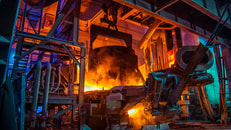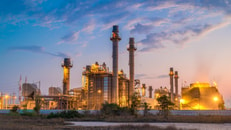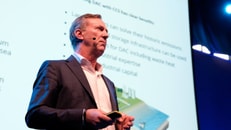MHI to supply carbon capture for world’s first full-scale cement CCUS project
The US arm of building materials giant Heidelberg Materials has unveiled the next phase of its selection process for carbon capture technology and contractors for the Edmonton, Alberta carbon capture, utilisation, and storage (CCUS) Project.
MHI-LCSC, a division of Mitsubishi Heavy Industries, Ltd. (MHI) Group specialising in CO₂ capture services and clean fuel initiatives in Canada, along with Kiewit, have secured a front end engineering design (FEED) contract for the carbon capture technology at the Edmonton CCUS project.
The FEED study will harness MHI’s Advanced KM CDR Process, developed in collaboration with The Kansai Electric Power Co., Inc., featuring the employment of the KS-21 solvent.
Commenting on the milestone, Joerg Nixdorf, Vice President Cement Operations, Northwest Region for Heidelberg Materials North America, said that the milestone moves the company even closer to its goal of delivering the first full-scale application of CCUS in the cement sector.
... to continue reading you must be subscribed

